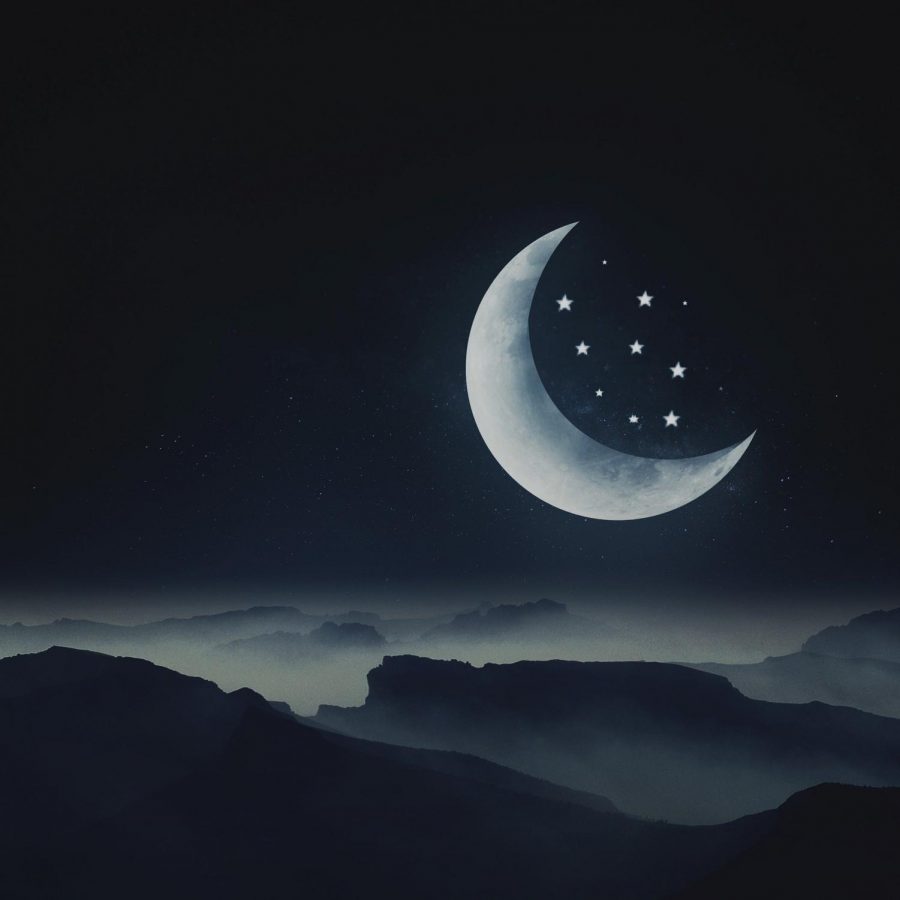How Quarantine Causes Extremely Vivid Dreams
May 6, 2020
A cobblestone catches the toe of your shoe as you stumble down what appears to be a street in Boston. You have a distinct feeling that you have forgotten something. Your hands roam your pockets and quickly realize that your phone is missing. The thud of your heartbeat fills your ears and your stomach clenches into a knot as you realize that both your credit card and your license have disappeared as well. The world feels devoid of oxygen as you gasp. Everything fades to black.
A rough texture like corduroy brushes your face as you gain consciousness, somehow you know you are in the living room of your childhood home. Your eyes can’t seem to focus; everything is blurry and swirled as if you are looking through obscuring glass on a bathroom window. A dinging sound echoes in the distance and you remember your phone. You struggle to stand, barely making it to the kitchen before you fall again, hitting your head on the counter on the way down. The darkness returns.
Awake in your bed, a wave of relief washes over you as you turn to find your phone charging beside your bed exactly where you had left it the night before.
In the past few weeks, people have been experiencing more vivid and extravagant dreams, which have raised the question about how the coronavirus pandemic is impacting people’s mental state.
The scientific community regards dreams as a reflection of your mental wellbeing while you are awake. A March study conducted by the Lyon Neuroscience Research Center in France has confirmed the existence of a new phenomenon: coronavirus epidemic dreams.
According to the National Sleep Foundation, Most of your dreams occur in the rapid eye movement (REM) stage of sleep when the brain stores memory and emotions from the day. REM sleep is used in particular to process intense or negative emotions.
During REM, stress puts the brain on a “trip” similar to the effect of psychedelic drugs. The psychedelic response triggers a release of serotonin in the brain that increases the feeling of intense emotion by effectively shutting down the dorsal prefrontal cortex of the brain.
The increased stress of living through a pandemic can exacerbate the amount of psychedelic response in the brain, heighten your emotional response during dreams, and make your dreams more memorable.
The study by Lyon Research Center found that subjects experienced a 35 percent increase in dream recall during the coronavirus epidemic.
“I’m definitely remembering more of my dreams, usually I can sometimes remember the basic plot but nothing else, but now I can remember more in-depth details. And now they are more creative than before,” sophomore Andrew Sidlauskas said.
Previous studies have concluded that the content of everyday experiences can make their way into dreams. But in a world that seems stuck on repeat, the brain struggles to search for new content to replay at night.
Faced with this dilemma, the brain reaches further into the recesses of your deep memory for experiences, emotions, and facts that were stored away long ago.
“I was put on a different planet with I think some coal in my hands for no reason, and then as I tried to enter a base-type building, a person of royalty enlisted me as their personal guard. We entered into a building and then started guarding the royal person against random attacks. The quality seemed video-game-like, and eventually, the royal person died. Then I picked up the crown and ran away,” Sidlauskas said.
Senior Harry Burnick has also been experiencing strange dreams, “I was helping Steven Spielberg to design a roller coaster around the video game “Half-life”, when this supernatural being tried to show me about how meaningless money was by buying a gallon of milk from me for $50,000,” Burnick said.
So if you find yourself awake in the morning utterly perplexed by the events that played out in your head the night before, remember that more than anything, dreams are a reflection of the mental toll of this pandemic, so remember to take care of yourself and your loved ones.








